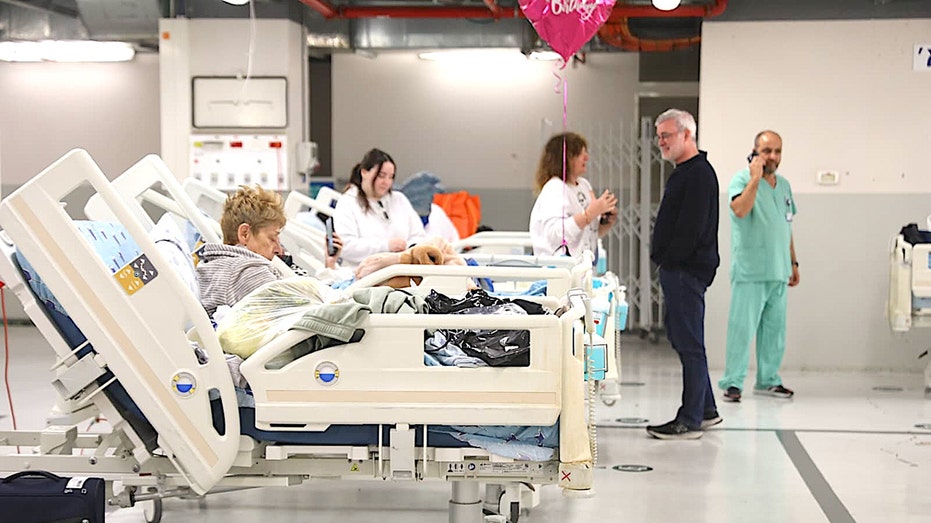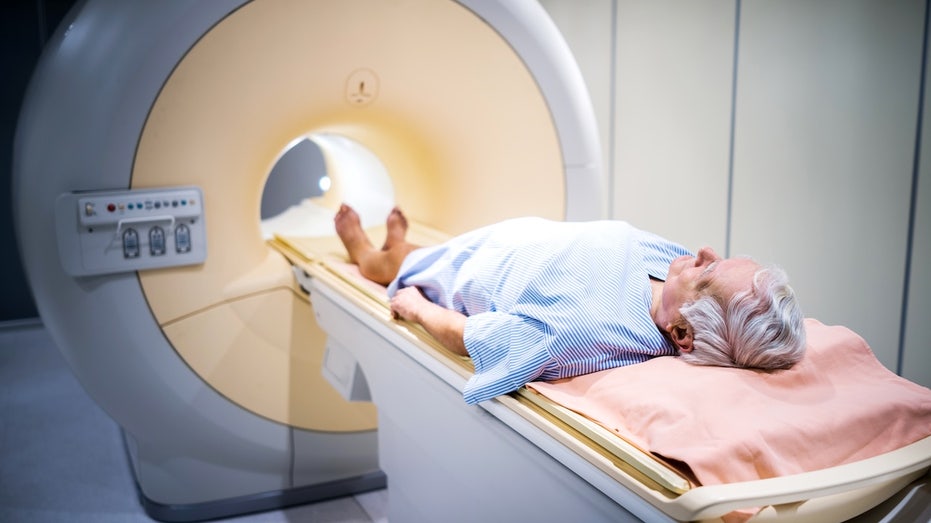Sidebar

Colorectal cancer rates are surging among younger adults, with those 65 and under now comprising 45% of new diagnoses compared to 27% in 1995.
Study finds middle-aged men are more vulnerable to faster biological aging from PFAS exposure. Research shows "forever chemicals" may accelerate aging.
Hope for Alzheimer's prevention emerges as scientists find existing seizure drug may stop disease progression if taken decades before symptoms appear.
New research reveals vegetarian seniors may be less likely than meat-eaters to reach 100 years old, challenging previous findings about plant-based diets.
Young Japanese monkey named Punch reaches major milestone, cuddling with a fellow macaque after being hand-reared with a stuffed orangutan toy at the Ichikawa Zoo.
University of Chicago researchers developed an mRNA nanoparticle system that triggers cells to produce PD-L1 protein, potentially delaying type 1 diabetes progression in animal models.
Israeli medical centers move patients underground during Iran conflict, with Schneider Children's Medical Center relocating 119 children to fortified areas.
ChatGPT Health study exposes dangerous gaps in AI medical advice, with experts calling for stronger oversight of healthcare chatbots used by millions of people.
Hidden sugars lurk in breakfast foods Americans think are healthy, warns Dr. Mark Hyman. From muffins to protein cereals, he shares what's harmful and what to choose instead.
New study finds microplastics in 90% of prostate cancer tumors, with double the concentration in cancerous tissue compared to healthy tissue from patient samples.
European study of 272,000 adults finds nighttime traffic noise above 50 dB linked to higher cholesterol and increased heart disease risk. Researcher Yiyan He discusses.
HHS Secretary Kennedy supports Trump's glyphosate order while acknowledging pesticides "are toxic by design" and pose risks to Americans' health.
Conversation starters, celebrity health reveals, healthy living hacks and medical cautions: Here's what you missed in Fox News Health this week
HHS Secretary Kennedy supports Trump's glyphosate order while acknowledging pesticides "are toxic by design" and pose risks to Americans' health.












